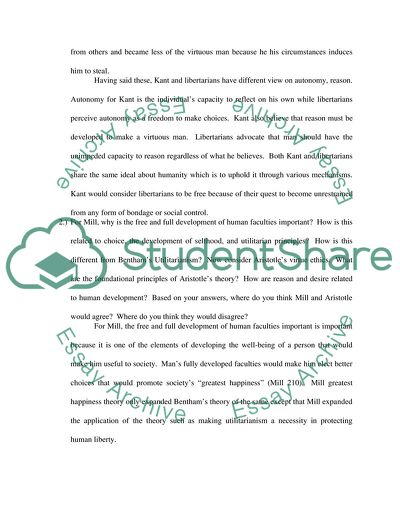Cite this document
(How Does Kant Define Freedom Assignment Example | Topics and Well Written Essays - 1500 words, n.d.)
How Does Kant Define Freedom Assignment Example | Topics and Well Written Essays - 1500 words. https://studentshare.org/philosophy/1875970-5-short-essay-questions-comparing-philosophers
How Does Kant Define Freedom Assignment Example | Topics and Well Written Essays - 1500 words. https://studentshare.org/philosophy/1875970-5-short-essay-questions-comparing-philosophers
(How Does Kant Define Freedom Assignment Example | Topics and Well Written Essays - 1500 Words)
How Does Kant Define Freedom Assignment Example | Topics and Well Written Essays - 1500 Words. https://studentshare.org/philosophy/1875970-5-short-essay-questions-comparing-philosophers.
How Does Kant Define Freedom Assignment Example | Topics and Well Written Essays - 1500 Words. https://studentshare.org/philosophy/1875970-5-short-essay-questions-comparing-philosophers.
“How Does Kant Define Freedom Assignment Example | Topics and Well Written Essays - 1500 Words”. https://studentshare.org/philosophy/1875970-5-short-essay-questions-comparing-philosophers.


